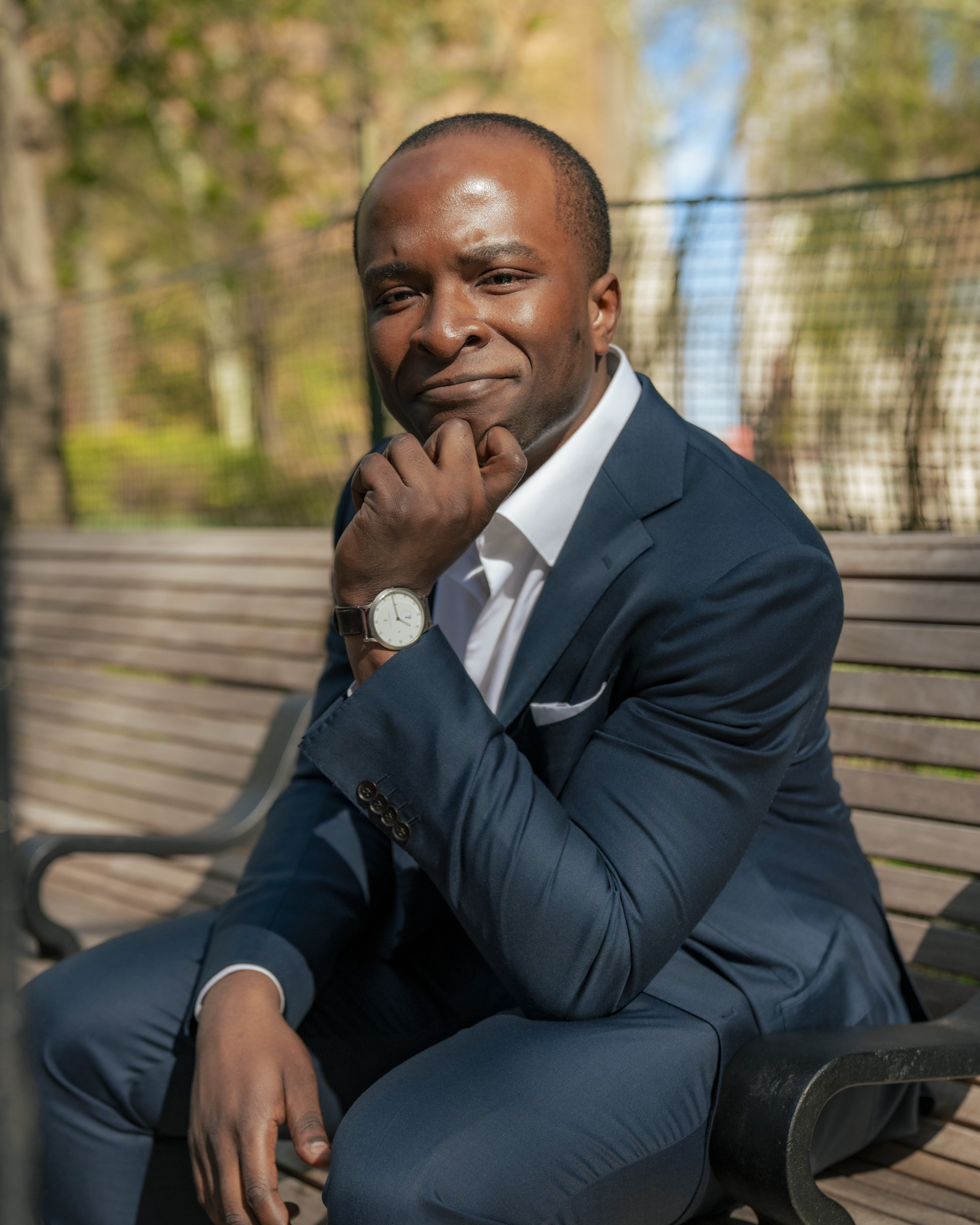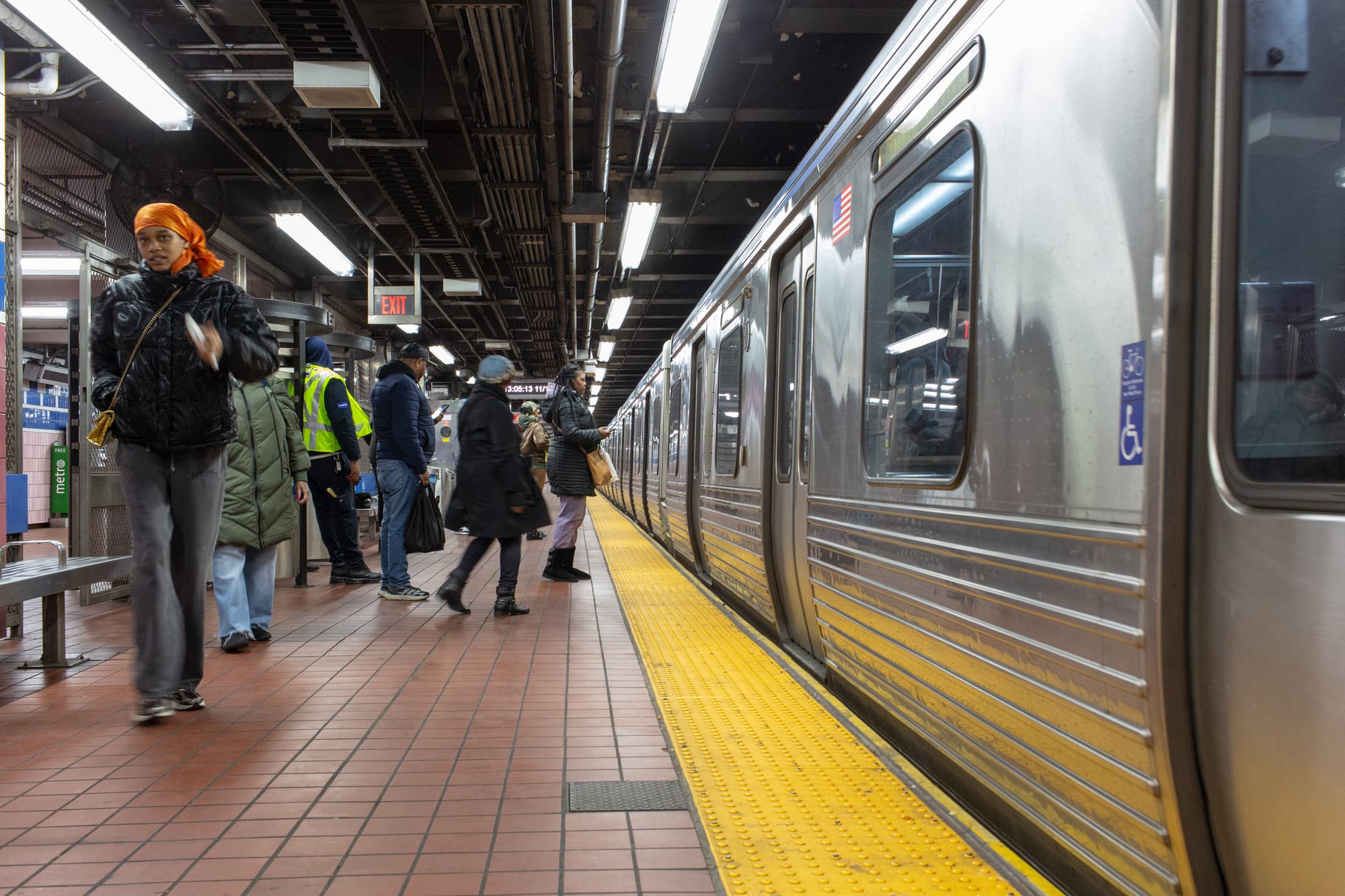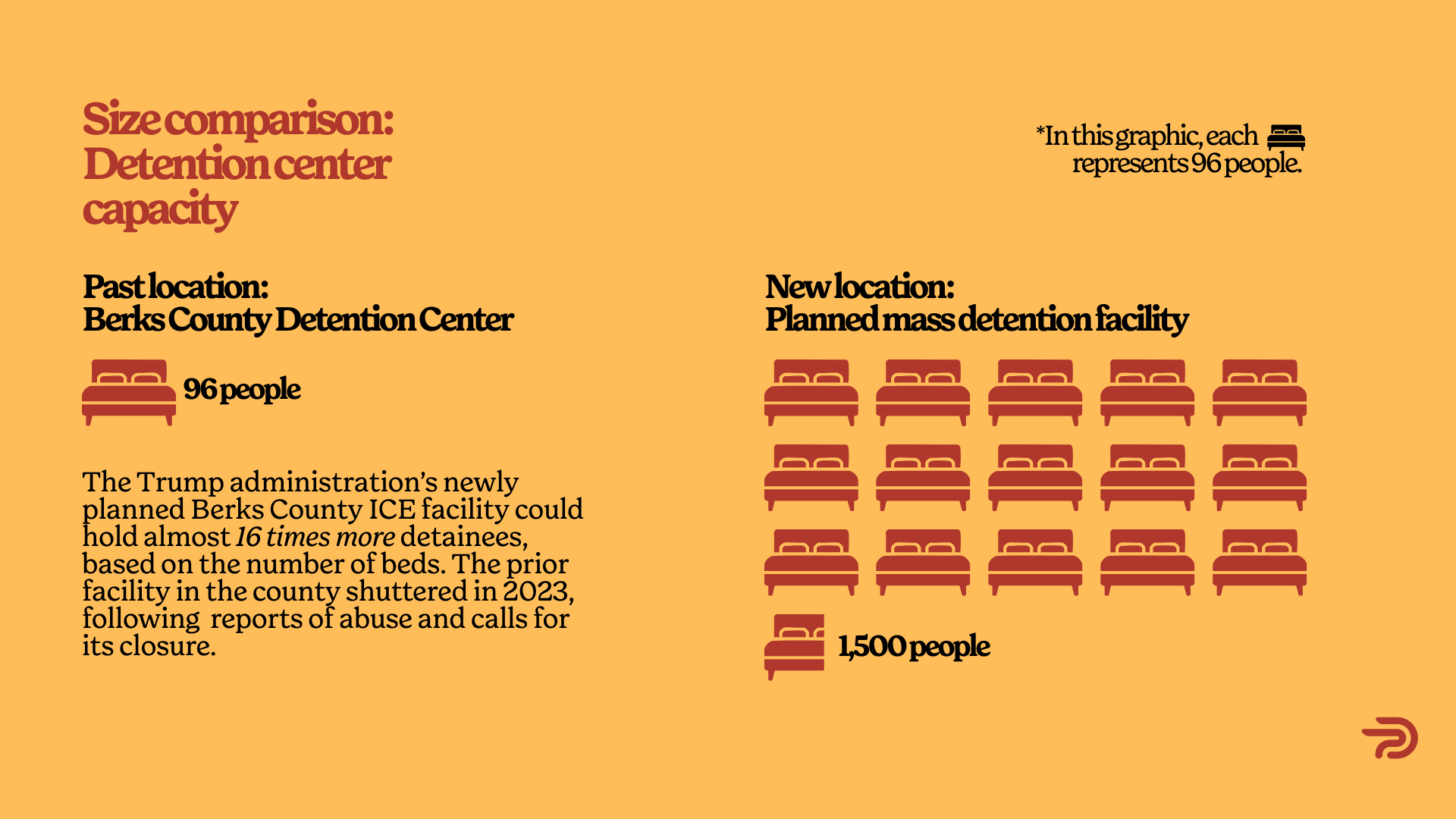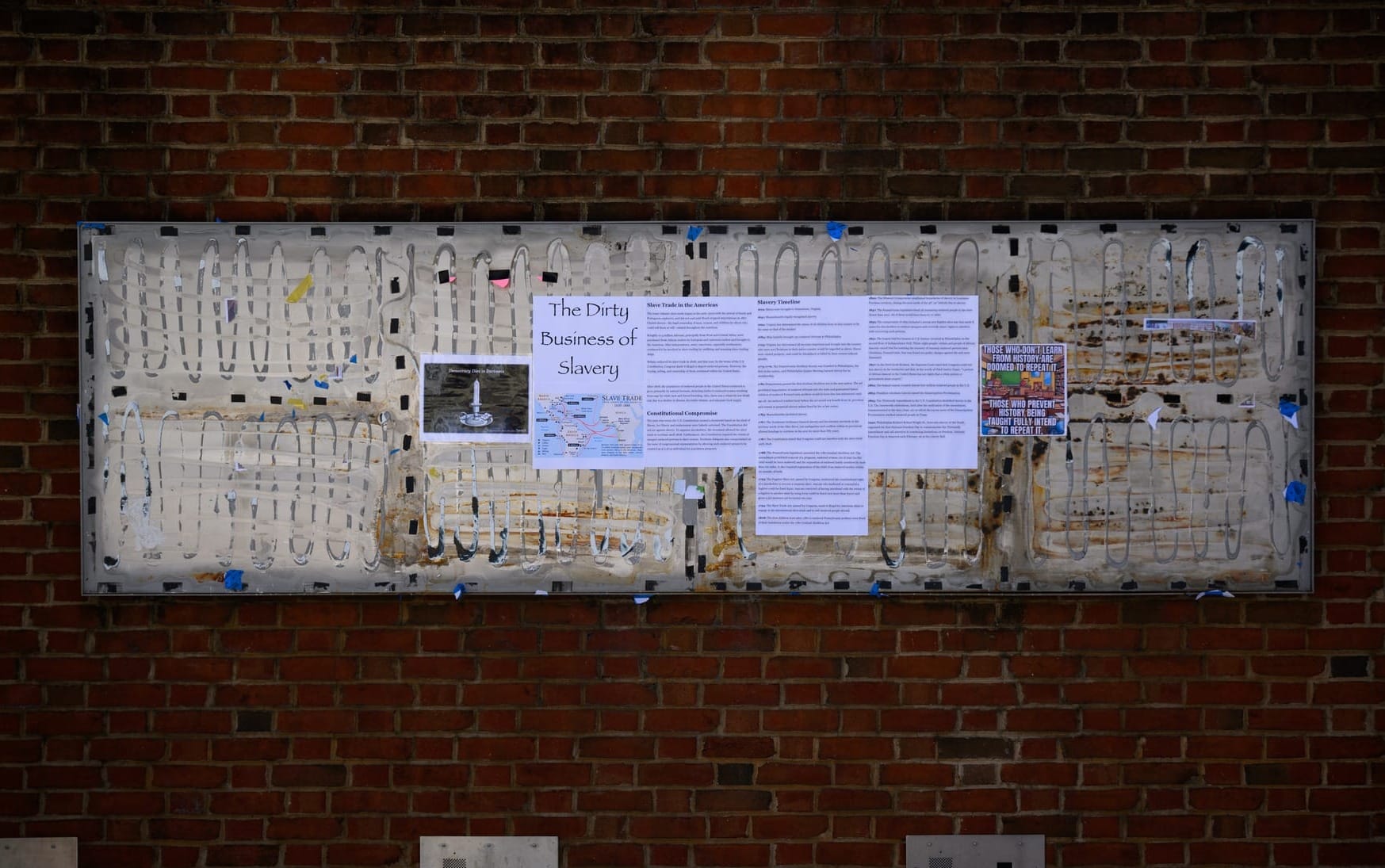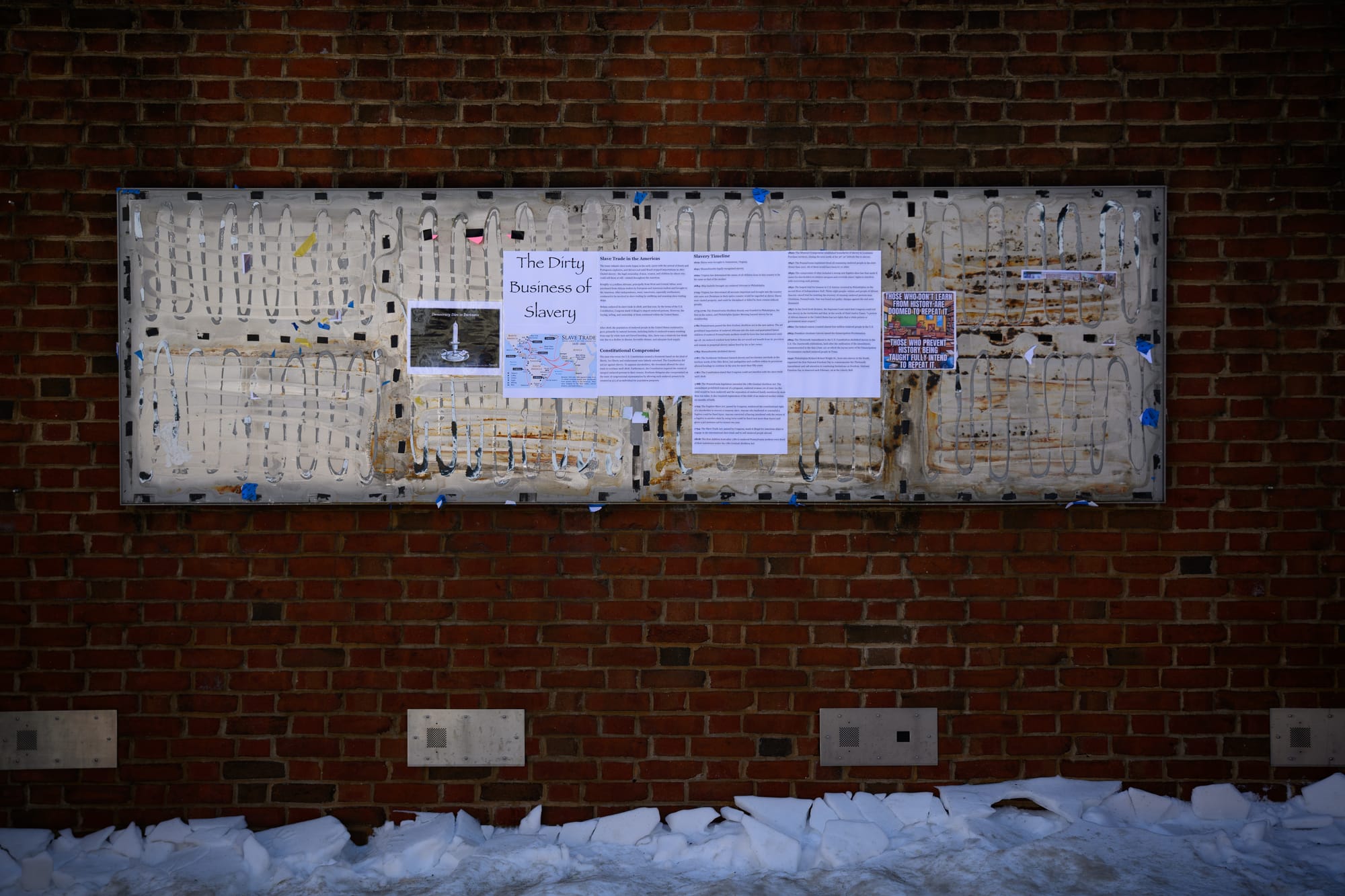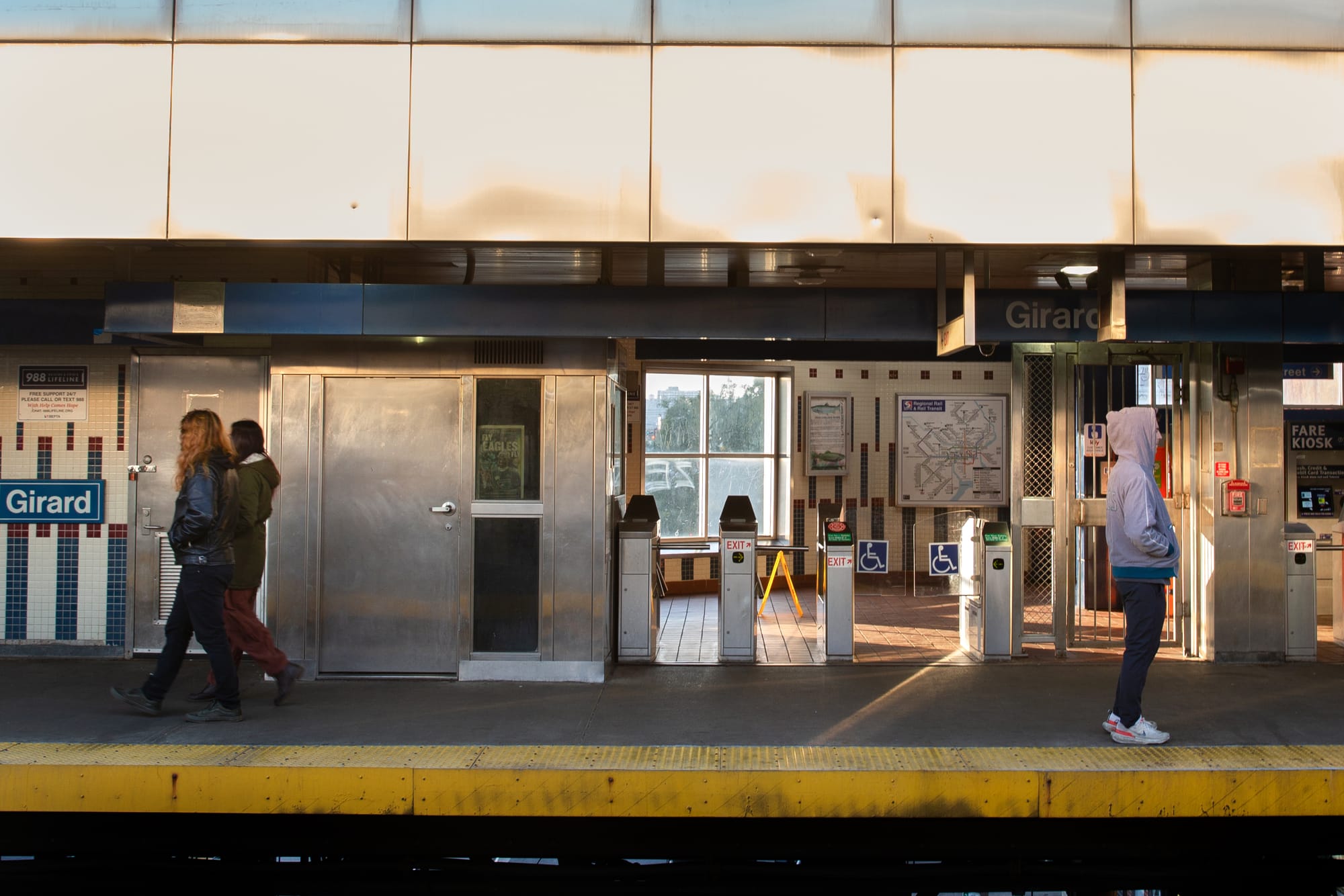Why Your Vote for Local Judges on May 20th Matters More Than You Think
On May 20th, Philadelphia voters will head to the polls to decide who sits on the city’s Court of Common Pleas and Municipal Court—two judicial bodies that collectively determine what justice, crime, and public safety, looks like in everyday life.
On May 20th, Philadelphia voters will head to the polls to decide who sits on the city’s Court of Common Pleas and Municipal Court—two judicial bodies that collectively determine what justice, crime, and public safety, looks like in everyday life. These judges decide whether someone stays in jail before trial, whether a landlord can evict a tenant, and whether law enforcement is held accountable. But while these decisions are deeply consequential, judicial elections are often treated as background noise.
Judges in Pennsylvania aren’t appointed by the governor or confirmed by a legislature. They’re elected. That makes voters not just participants in the legal system, but its designers. The problem? Most people skip these races or vote blind. In doing so, they hand off one of the most powerful levers of justice to party insiders and ward leaders.
Why do these courts matter so much?The Court of Common Pleas is the city’s primary trial court. It handles everything from major criminal cases to family court, contract disputes to appeals from traffic court. Its judges shape justice in Philadelphia, whether that’s how long someone waits behind bars for a hearing or how survivors of domestic violence are treated in family court.
The Municipal Court, often overlooked, is equally important. It’s where many first encounter the legal system. Judges here decide landlord-tenant disputes, minor criminal offenses, and traffic violations. It’s also where preliminary hearings in more serious criminal cases begin, hearings that set the tone for plea bargains, bail decisions, and prosecutorial discretion.
In short, these courts aren’t abstract. They touch everything from housing and public safety to economic stability. And they operate at the ground level, often with very little public scrutiny.
Don’t judges just apply the law?This isn’t a straightforward question, yes and no. While judges are bound by the law, they also exercise enormous discretion in how they interpret it. Whether a judge is lenient or punitive, skeptical or deferential, empathetic or indifferent matters just as much as the statutes in front of them.
Take bail decisions. One judge may release someone charged with a nonviolent offense on their own recognizance. Another may impose unaffordable bail, effectively sentencing someone to weeks in jail before trial. These choices shape lives and they reflect values.
Local judges decide whether people in Philadelphia experiencing poverty can stay in their homes, whether juveniles are diverted from incarceration, and how quickly cases move through the system. They interpret constitutional rights in a local context. When few people are watching, biases and disparities can go unchecked. But when voters pay attention, judges are more likely to stay grounded in fairness and accountability.
What about retention votes?
In addition to electing new judges, voters this year will also be asked to vote “yes” or “no” on whether several sitting judges should remain in office. These are called retention elections. They’re supposed to provide accountability, but in reality, they’re often rubber-stamped. Few voters know anything about the judges on the ballot.
That’s why resources like the Philadelphia Bar Association’s judicial ratings matter. These groups evaluate judges based on courtroom temperament, fairness, legal skill, and community trust. Their recommendations don’t always align with political interests, but they give voters a starting point. In an election where judicial candidates rarely campaign publicly, even a little information can make the difference.
Are these races political?Technically, yes—judicial candidates in Pennsylvania run as Democrats or Republicans. But the politics of the courtroom don’t always map neatly onto partisan lines. A Democrat and a Republican may diverge just as sharply from each other on bail practices as two judges in the same party might. What matters more is a candidate’s judicial philosophy: Do they favor carceral solutions or restorative ones? Do they see the bench as a force for equity or simply efficiency?
These elections also shape the broader legal pipeline. Many judges on the Common Pleas and Municipal Courts eventually run for higher judicial office, including the Pennsylvania Superior or Supreme Courts. If you care about how statewide courts rule on abortion access, voting rights, labor protections, or police accountability, it starts with who you elect locally.
What happens if no one pays attention?We’ve seen what happens when judicial elections fly under the radar: well-connected Philadelphia political elites fill the gap. Party-endorsed candidates glide to victory, often with little public vetting. The judicial bench becomes more about who knows the right ward leader than who demonstrates fairness and competence. And when judges are less accountable to voters, injustices fester.
But when turnout is high, especially among younger and more diverse voters, the bench can begin to reflect the city it serves. It’s no coincidence that past surges in civic engagement have led to more public defenders, civil rights lawyers, and reform-minded judges joining the bench.
